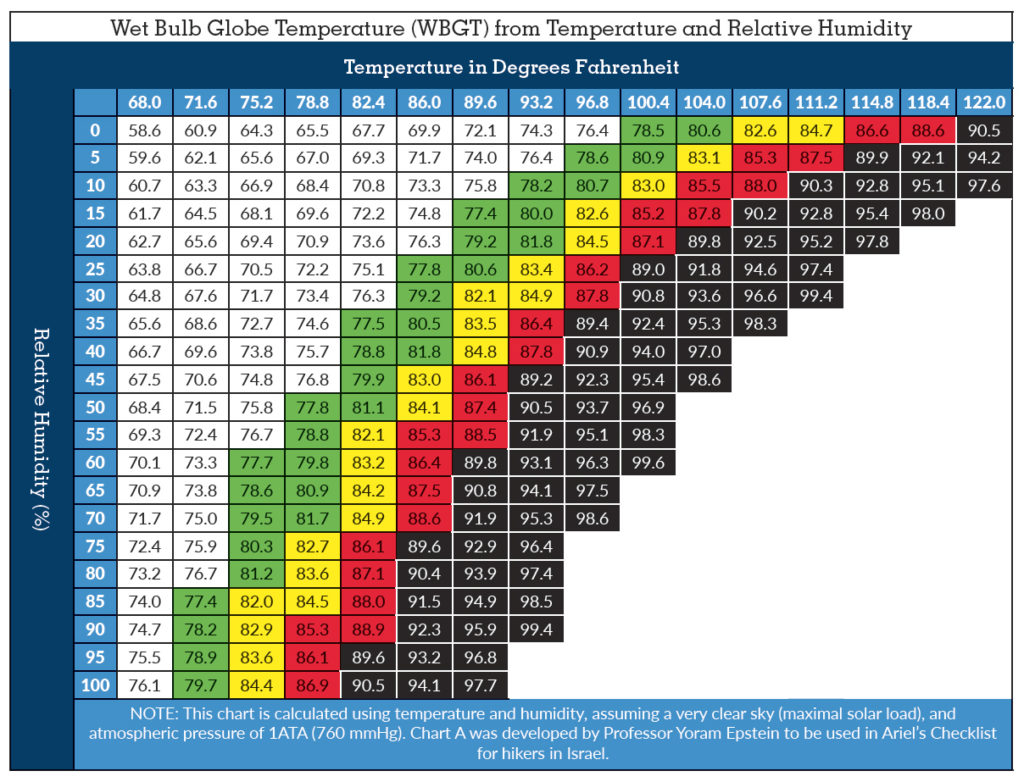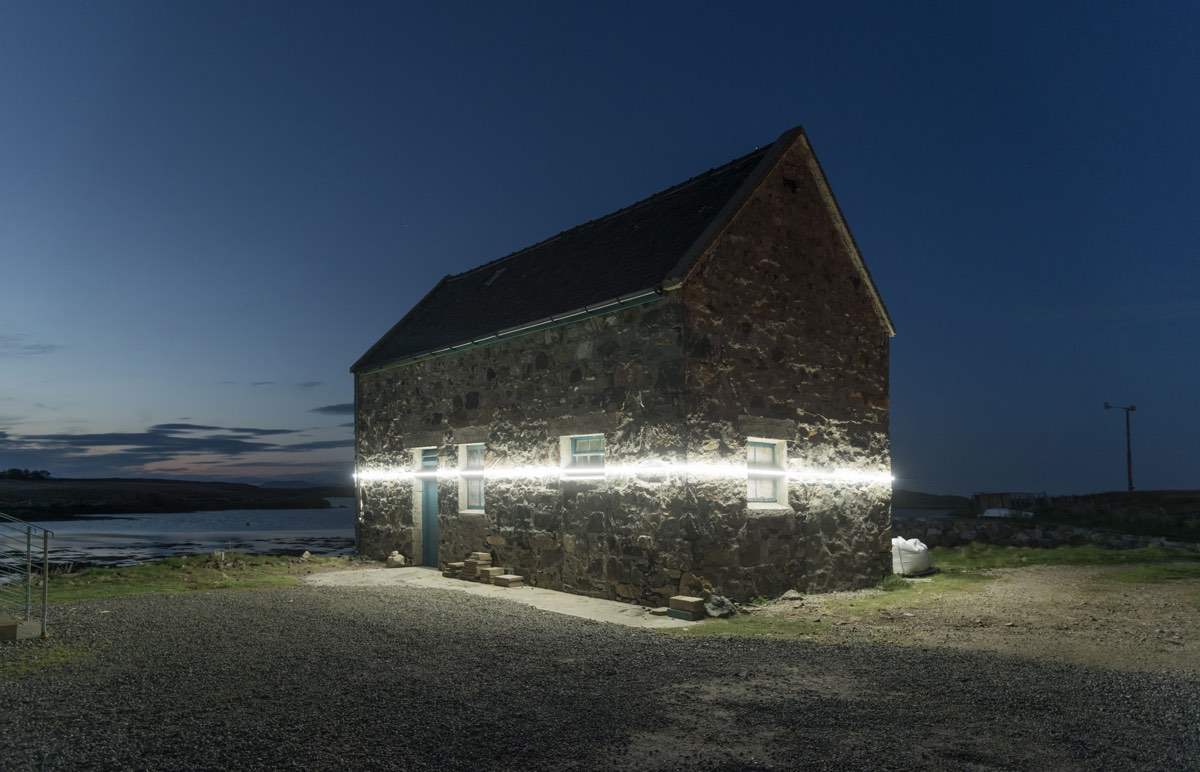- Near-term iin climate science usually refers to the next 1-10 (sometimes 1-20) years.
- Over the course of a single decade normal variation can overwhelm anthropogenic impacts.
- What impacts have we seen so far?
- From 1901-2020 global average temp rose 1° C
- Longer, more intensive heat waves (heat wave in France in 2003 killed >15,000 people) - partially due to changes in jet stream
- More natural disasters and extreme conditions - wildfires, hurricanes, droughts
- Impact on water supply
- Potential impact on power generation
- Changes in animal populations / ecosystems, which can impact food supply
- 5-20 years out
- Massive increases in migration
- Political instability
- A more uncertain world
- What can we do?
- Better ways to get information out during extreme events
- Reality-based information provided to people
- Market-based solutions - change incentives - eg insurance
- Mitigation - France had another heat wave in 2019 that hit ~115F / 46C, but <1,500 people died this time - better education, planning for vulnerable populations ...
Nat Geo, NY Times, NOAA
"We started asking climate scientists practical questions about what climate change would look and feel like in different places around the world. We found the answers to be useful, intuitive, and profound. We created Probable Futures to share them with you."
Wet bulb takes a minute to grok because it's not about *heat,* per se. It's about the absorptive capacity of air. A wet bulb temperature in the mid-80s F can, and does, kill humans. Heat waves in the EU & Russia in 2003 and 2010 killed over a hundred thousand people at ~ 82 F.
— (((Matthew Lewis))) has some Shoup for you (@mateosfo) June 29, 2021

Two teams of American climatologists published research confirming that the West Antarctic Ice Sheet has begun to collapse, and the U.S. Global Change Research Program released its third National Climate Assessment, which noted that average temperatures in the United States had increased by between 1.3 and 1.9 degrees Fahrenheit over the past century, predicted that in the absence of human intervention those temperatures could rise by another 10 degrees during the coming century, and attributed recent adverse weather events such as floods and droughts to climate change caused by humans.
Harper's Weekly Review, May 13, 2014
"He believed then that human life was infinitely perfectible, eliminating these conditions?"
"There remained the generic conditions imposed by natural, as distinct from human law, as integral parts of the human whole: the necessity of destruction to procure alimentary sustenance: the painful character of the ultimate functions of separate existence, the agonies of birth and death: the monotonous menstruation of simian and (particularly) human females extending from the age of puberty to the menopause: inevitable accidents at sea, in mines and factories: certain very painful maladies and their resultant surgical operations, innate lunacy and congenital criminality, decimating epidemics: catastrophic cataclysms which make terror the basis of human mentality: seismic upheavals the epicentres of which are located in densely populated regions: the fact of vital growth, through convulsions of metamorphosis from infancy through maturity to decay."

I would love a good book of this kind, I hope this is the one.

McKinsey put together this cost-benefit chart of greenhouse gas abatement methods. The width of each box is the estimated impact in reducing greenhouse gases, the height is the estimated cost. So everything below the line saves money as well as reducing greenhouse gases. I assume this takes initial capital investment into account. Here's the text of the study.
There are usually hidden costs to technology changes, and political dimensions that make purely technocratic analysis like this less than a slam-dunk. Framing the discussion around relative cost-benefit data is a good place to start, though. There are a zillion initiatives that might make sense individually, but that shouldn't be near the top of the list of priorities. These initiatives will appear as congressional earmarks - the green economy will be a political economy. We need people in the discussion nudging us back to the highest carbon ROI investments.
"My guess is virtually 90% of the oil industry is assuming that $70 oil is not going to last more than a few years," according to Adam Sieminski, the chief energy economist at Deutsche Bank ... he guesses that most oil companies are projecting crude will fetch $40 a barrel plus inflation over the long-term.
The article goes into the whys ... right now 35% of oil discovered makes it to market, the rest stays in the ground. Oil companies have gotten better and better at extracting it, and they're counting on continued improvement.
Wall Street looks like it's betting on more of a peak oil scenario, though.
So um, that's it then.
Tech
Collaboration, Social, Product Management, OS, MacOS, RSS, Javascript, Net, Development, Audio, Business, Mobile, barcamp, Shopping, WRX, Web analytics, Storage, Open, Web, Visual, Wearables, Data, Crowdsourcing, Automobile, Security, Hardware, s60, Energy, Medical, PIM, AI, Android, a11y
Other
Friday, Games, Geography, Toys, CrowdFlower, Boston, Food & Drink, NYC, Quizzes, Housing, Life hacks, Surfing, San Francisco, Bicycling, Travel, History, California, L.A., Clothes, Law, Minnesota, Agriculture, Sports, Berlin, Podcasts, Video, Feminism, Statistics, Personal care, Transportation, Politik, Activism
Music
Events, Mailing lists, L.A., Business, Reviews, Booking, Shopping, Musicians, Labels, Making, House, Good tracks, Mp3s, Lyrics, Hip-hop, Boston, History, Streams, Videos, Mixes
People
Buddhism, Stories, Family, Weblogs, Heroes, Life hacks, Gossip, Vocations, Exercise, Languages, Enemies, Meditation, Subcultures, ADD, MOTAS, Health, Me, Friends, Working with
Commerce
IP Law, Shopping, Marketing and CRM, Microfinance, Real Estate, Personal finance, Web, Non-profit, Insurance, Personal services, Taxes, International Development, Investing, Macroeconomics, Management consulting
Arts
Outlets, Spoken Word, Rhetoric, Movies, Poetry, Desktop wallpaper bait, Visual, Literature, Sculpture, Comix, iPad bait, Burning Man, Events, Animation, Humor
Design
Architecture, Furniture, Process, Data visualization, Presentations, Cool, Web, User experience, IA, Type, Tools, Algorithmic
Science
Physics, Zoology, Environment, Psychology, Networks, Statistics and Data, Cognition
Travel
Kenya, Vagabond '08, Uganda, Kingdom of Siam

